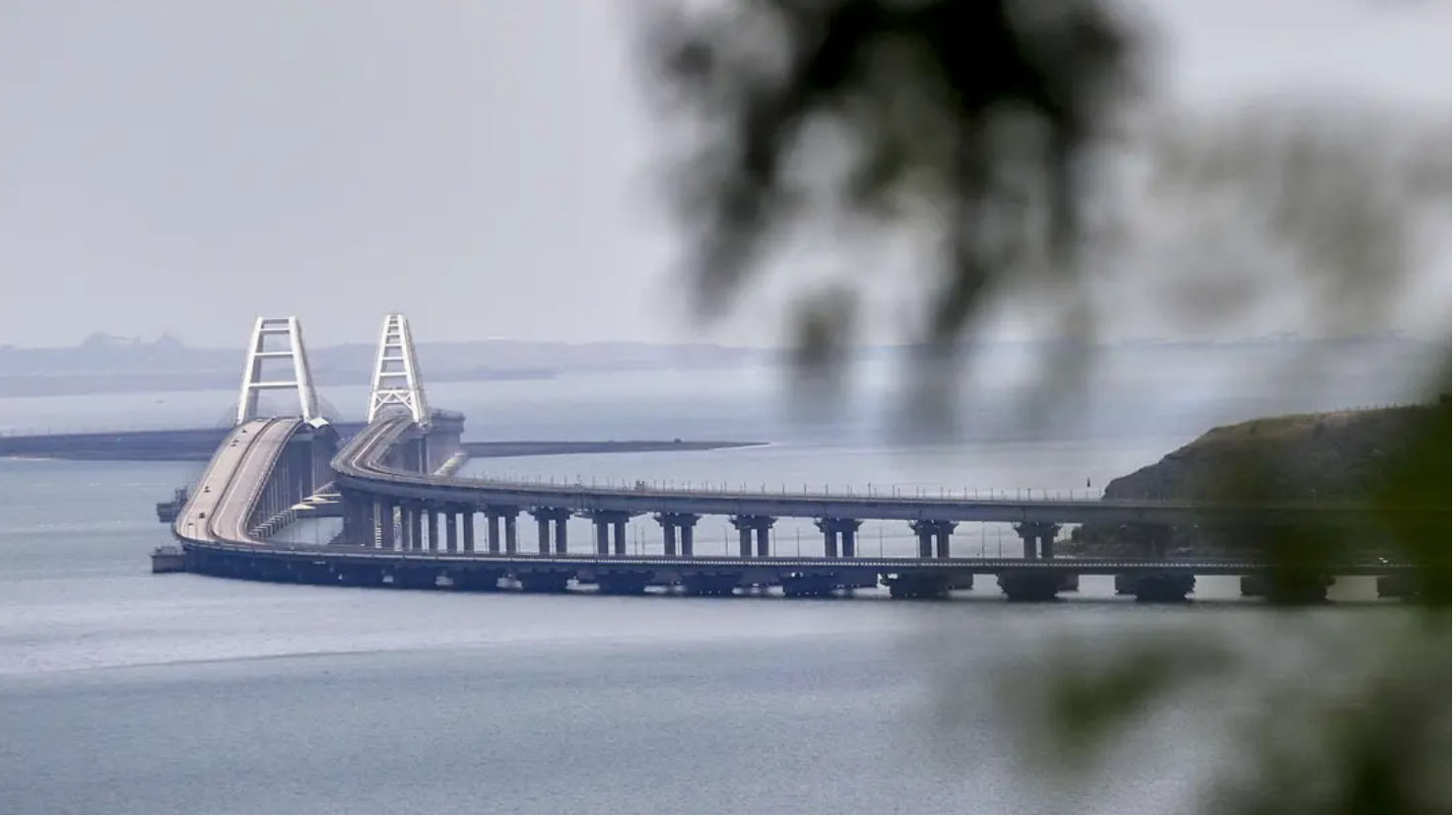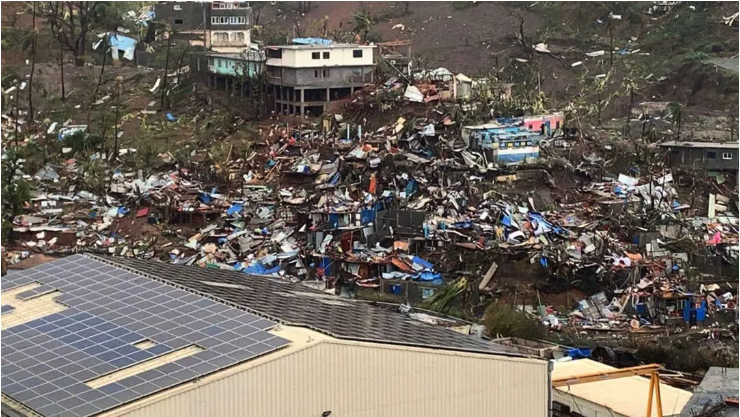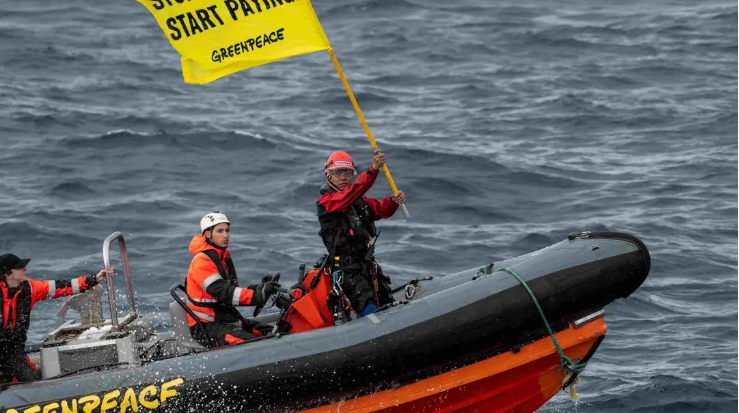Russian Oil Tankers Split, Sink in Black Sea
Two Russian oil tankers, Volgoneft-212 and Volgoneft-239, sank in the Kerch Strait during a severe storm on Sunday, spilling approximately 4.3K tonnes of fuel oil.
Facts
- Two Russian oil tankers, Volgoneft-212 and Volgoneft-239, sank in the Kerch Strait during a severe storm on Sunday, spilling approximately 4.3K tonnes of fuel oil.[1][2]
- The Volgoneft-212 — carrying 15 crew members — split in half after being struck by powerful waves, while the Volgoneft-239 — carrying 14 crew members — sustained severe damage and sank shortly after.[3][4]
- Russian emergency services deployed tugboats, Mi-8 helicopters, and over 50 personnel in rescue operations. One crew member has been confirmed dead, while 12 have reportedly been rescued.[5][6]
- Both vessels were part of an aging fleet, with Volgoneft-212 being built in 1969, while Volgoneft-239 was constructed in 1973.[7]
- The incident occurred in a strategically important waterway that connects the Black Sea to the Sea of Azov, while the spill created a large black oil slick visible on the water's surface.[3][8]
- Russian authorities have launched criminal investigations into possible safety violations, and Pres. Vladimir Putin has ordered a working group headed by Deputy Prime Minister Vitaly Savelyev to address the situation.[1]
Sources: [1]BBC News, [2]Ukrainska Pravda, [3]The Guardian, [4]TASS, [5]The Telegraph, [6]Kyiv Post, [7]NDTV and [8]Ukrinform.
Narratives
- Anti-Russia narrative, as provided by Ukrinform and EuroNews. This disaster highlights the ongoing, reckless operation of outdated vessels, as these tankers were too old to safely navigate extreme conditions or withstand the rigors of modern maritime operations. Russia has violated maritime operating rules, endangering both crew members and marine ecosystems.
- Pro-Russia narrative, as provided by TASS and Interfax. The incident resulted from severe weather conditions that overwhelmed sturdy vessels during standard maritime operations. Though the tankers were old, they were refitted to transport oil and to comply with Western sanctions. Right now, the most important focus is not on picking arguments and attributing blame, but on rescue and clean-up efforts.







